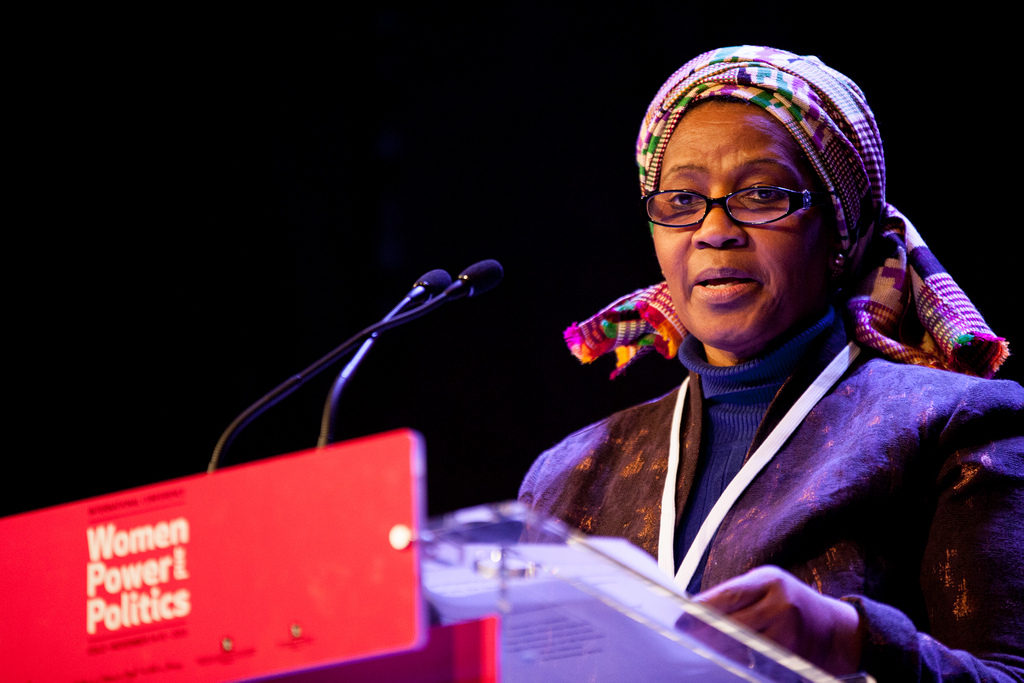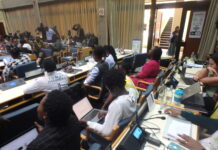By Talk Africa Correspondent
With technology and innovation playing an integral role in our everyday lives, it is not easy to imagine development in the 21st century without it. This year’s theme for International Women’s Day celebrated today, “Think Equal, Build Smart, Innovate for Change”, explores the ways in which innovation can work for gender equality, boost investment in gender-responsive social systems, and enhance public services and infrastructure that meet the needs of women and girls.
“Innovation is shaping and changing the way people live in every part of the world, so we have to be intentional about its use to positively impact the lives of women and girls”, said UN Women Executive Director Phumzile Mlambo-Ngcuka.
“It’s a key component of development, a basic need for those living in poverty, and a far-reaching enabler of rights. Women and girls must have opportunities to contribute to both the design and execution of solutions affecting their lives— and they are more than ready to do so.”
While a little more than a decade remain to achieve the Sustainable Development Goals, including Goal 5 on gender equality, all indications show that at the current pace of change, closing the global gender gap will take a staggering 108 years, and 202 years for economic gender parity.

UN Women Executive Director Phumzile Mlambo-Ngcuka
According to research,740 million women currently make their living in the informal economy with limited access to social protection, public services and infrastructure that could increase their productivity and income security.
Women do 2.6 times more unpaid care and domestic work than men, with only 41% of the world’s mothers with newborns receiving maternity benefits.
One in three women are likely to face violence in their lifetimes, yet public services, urban planning and transport systems are rarely planned with women’s safety and mobility in mind.
To meet the needs of women and those most marginalized at the bottom of the pyramid, infrastructure
This responds to constraints that women face in accessing those services, due to the heavier load they carry in household duties and unpaid care work and ensure that women can easily obtain the information and resources they need to take advantage of the opportunities offered by new technologies.
Women and girls must also have a voice in how innovations are shaped so that they can truly benefit and contribute to real change.














